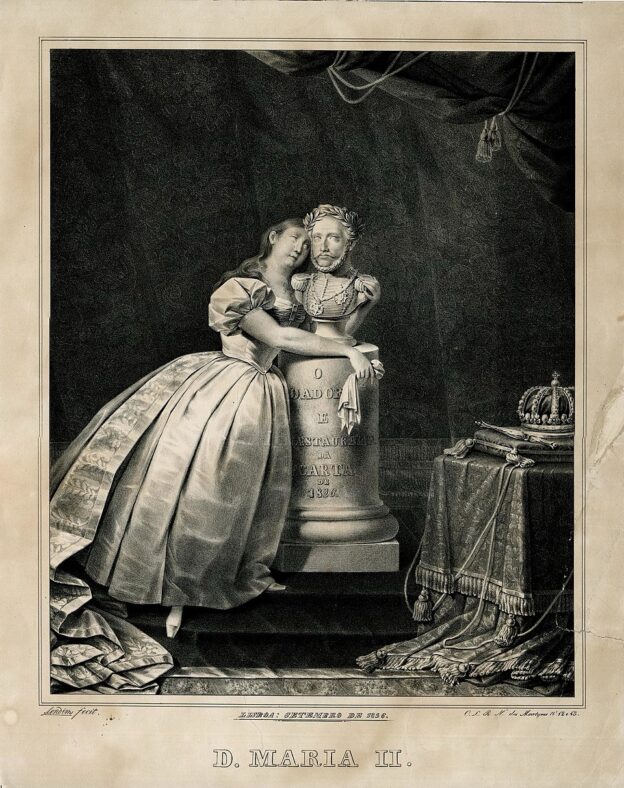My late mother delighted to revive an old black and white photo of me at about two years of age in England while sitting in my perambulator after having taken a sip of beer. I was bawling my eyes out! Apparently – as the story goes – I had initially clamoured for a sip of beer but then reacted unfavourably; then curiously I repeated my urging for another sip of beer. And once again after having drunk that, I began to cry. That was the last time to my knowledge that I cried.
The only exception to that history is the decidedly emotional response I have to music – things like the aria Nessun Dorma from the final act of Giacomo Puccini’s opera Turandot. While I don’t actually weep, I certainly become teary eyed. These instances of lachrymose reaction are normally reserved for when I am alone in the car listening to my favourite schmaltz at full volume; or, at my computer with my headphones on. Only once I recall having succumbed to a public display of emotion (but my companions were polite enough to overlook the indignity).
It’s not that I view crying to be undesirable or foppish. But certainly it can be revealing. Perhaps I regret my blubbering is reserved for such fitful experience. Nonetheless the absence of the ejaculation is not condemning either. I distinctly recall both instances of having been told of my parents’ deaths. Upon hearing of my mother’s death, for example, my only reply was, “Good!” No doubt because of my parents’ longevity and lateral illnesses, their deaths were a blessing.
In spite of this Spartan appearance upon these intimate occasions, I am by contrast embarrassed to reveal my tearful emotion for music. It was not uncommon when playing my Steinway grand piano suddenly to lapse into bawling grizzle. Once again by contrast I hadn’t any visible emotional reaction to whatever paltry hardship I may have suffered from time to time. I don’t pretend for a minute to fashion this so-called restraint as anything approaching strength. Instead the difficulty invoked the need for rationality. Perhaps as a latent philosopher I perceive life’s challenges as expressible by logic or reason.
Louis de la Chesnaye Audette, QC OC – whom I admired very much – was wont to say with his inimitable charm that, as one ages, tears flow more readily. At 77 years of age, I have now surpassed the juncture of Audette’s frequency of that observation. And yet I continue to preserve the reservation. There are moments in fact when I question whether I suffer a defect for my inability to punctuate mournfulness more regularly. Similarly I regularly find myself privately practicing my anticipated reaction to predictable loss – and inevitably it is overcome by a Vedic hymn.
I am at the point of questioning whether in fact I have the capacity for lament. Throughout my life I have contradicted what are normally considered the stock responses to specified incidents. I never regretted having been sent to summer camp in another country; nor having been sent to school in another country. Nor am I remorseful of the romantic liaisons which suffered peril and defeat. And my catastrophic physical losses from accidents and surgery were most certainly unconvincing of snivelling. Rather I adapted to each circumstance with the objective translation to success. I excused the fervour by accounting the singularity, novelty or fortuity of the particular event.
